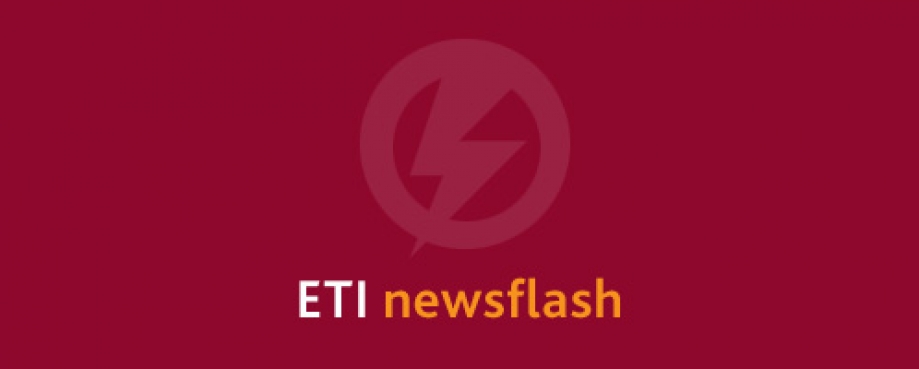
The positive role that business can play in international development made UK news headlines today.
The Financial Times published a letter signed by 28 chief executives from major British companies, including several ETI members. The letter applauded Prime Minister David Cameron’s decision to “stick to the UK’s commitment to overseas aid to the developing world, despite the tough economic times".
The letter went on to say: “We passionately believe in the power of the private sector to improve people’s lives, lift them from poverty and build more open societies. We would not be in business if we did not believe that to be true.”
It was noted by the UK’s International Development Secretary of State, Justine Greening, during her speech this morning at the London Stock Exchange. She talked to the key role that British business can play in driving forward the development agenda.
“I want to see far more (British) businesses joining the development push with DfID. We all have a huge opportunity to help build up responsible trade with the emerging economies of developing countries.”
Existing business initiatives in the developing world were lauded, with special mention of ETI member companies M&S, Waitrose and Tesco. Member NGOs Oxfam and Care were also commended for their private sector partnership work.
Ending aid dependency through jobs was a central theme. “If you ask people in developing countries what they want, they’ll give you one top priority – it’s a job. It doesn’t matter whether you ask men or women, they give the same answer. People, wherever they are, want the opportunity to be financially independent, and to have the dignity of being able to provide for themselves and their family.”
Click here to visit the FT website. Click here to read Justine Greening’s speech in full.
